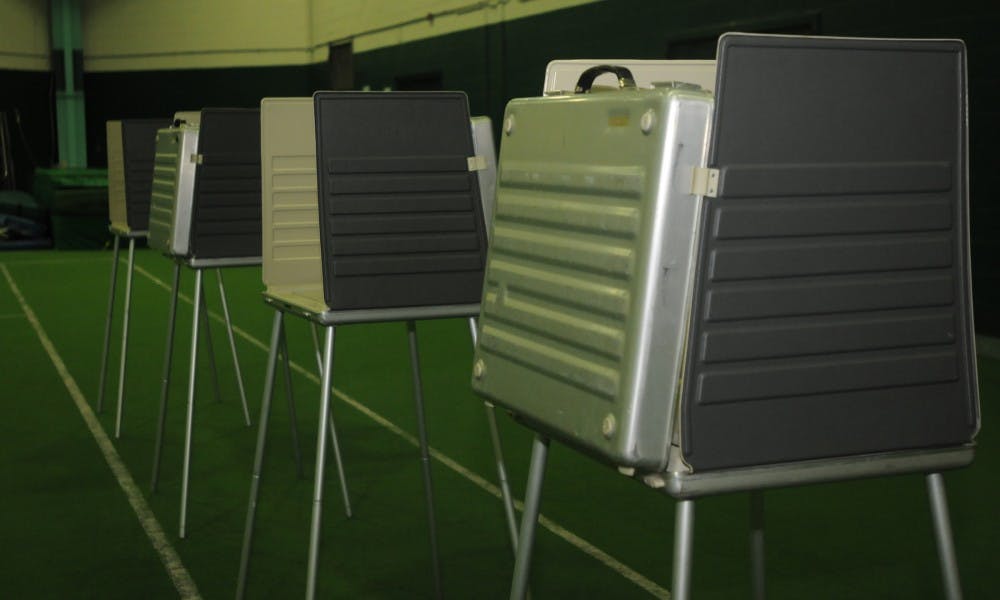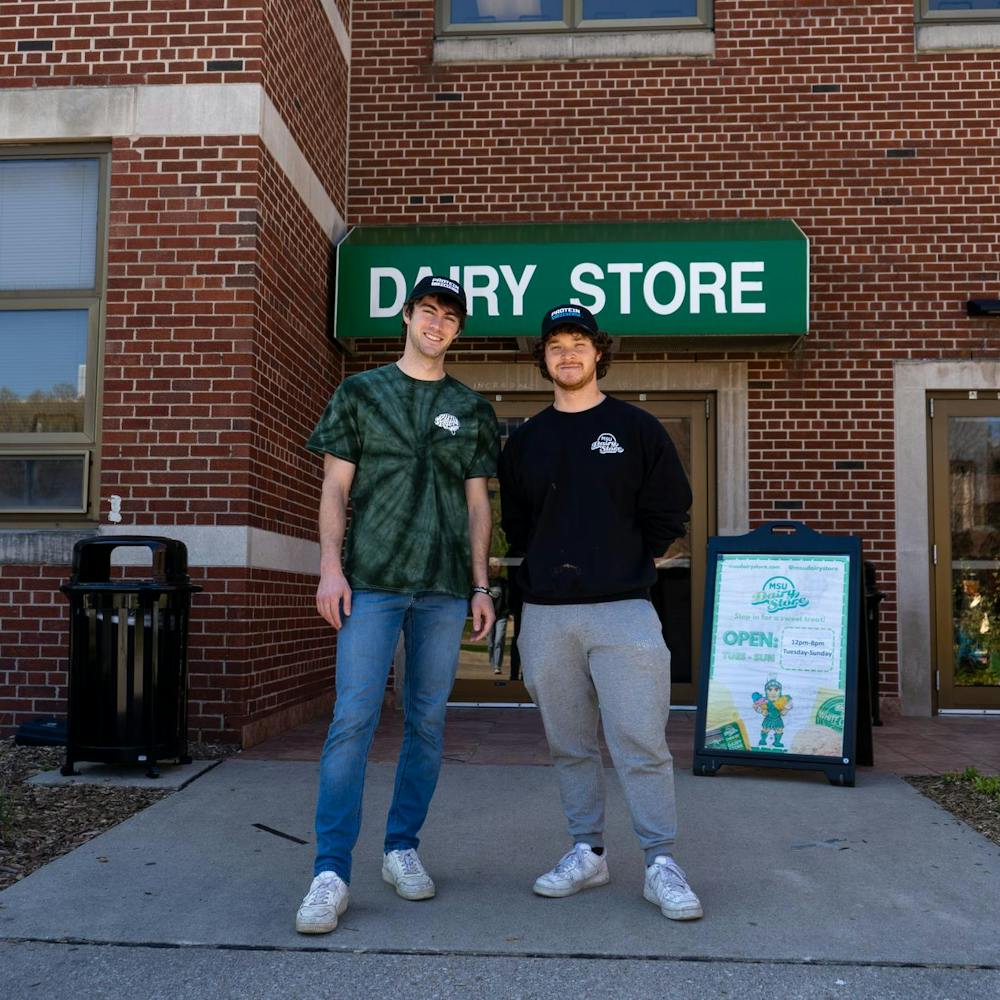Election politics has its own jargon and assumptions. Among those, two of the best known terms are the idea of a “black” or “Latino” vote.
These terms refer to the assumption that black Americans and Latino Americans, as a whole, vote along similar political issues and interests. Using these interests, political analysts will predict which political party or candidate has a better chance of being elected after gaining black or Latino voting support.
Republicans typically claim their support from male voters, white voters, older voters and religious voters. One exception to the religious vote is the black community, one of the most religious demographics but the most solidly Democratic, according to Gallup.com.
The black vote has been particularly scrutinized lately. The large turnout of black voters in the 2008 presidential election has been cited as a major reason why President Obama won his first term.
For Steve Cleaves-Jones, an interdisciplinary studies in social science junior and Black Student Alliance member, the meaning of the black vote is in its inherent political value and power.
“Now that we’re at where we are, they have to do things to appeal to us,” Cleaves-Jones said.
How to appeal to these voter blocs is a challenge for both of the major parties in the United States. Candidates compete against each other to out-promise more to certain groups and then, after the election, they have to actually deliver on the things they promised while campaigning.
School of Social Work professor Ronald Hall, whose area of study includes the impact of race on elections, expanded on the reasons why black Americans tend to gravitate towards the Democratic party.
“Black Americans are more concerned about the issue of racial discrimination, police brutality, those long-standing issues,” Hall said. “If you try to interpret the black vote absent those issues, your analysis is going to be completely, completely flawed.”
More concerning for Hall is the implicit racial thinking that goes on when politicians speak of the black vote and the gross generalizations that comes with it, especially in regards to elections.
“When pundits talk about a black or Latino vote, that’s just because there’s a racial mindset in this culture that suggests or dictates that everything has to be defined along racial categories, and that’s just nonsense,” he said.
Hall said that the reason black Americans have generally voted Democrat since the 1960s is because Democrats usually supported issues relevant to the black community, such as suffrage, affirmative action and job programs aimed at helping minorities.
There is a similar conclusion to explain Latino American voting patterns. Ruben Martinez, the director of the Julian Samora Research Institute, which researches Latino American social and political concerns said Latinos have a specific set of priorities when voting.
“I think that Latinos believe in a responsive government,” Martinez said. “I think they believe in social issues that are addressed more directly by Democrats and they may have some conservative ideas in terms of social issues but they do believe ... that the government ought to help people.”
In a 2014 Pew research poll, about 50 percent of registered Latino voters believed Democrats had more concern for Hispanics or Latinos as compared to the Republican Party’s 10 percent. Thirty-five percent of registered Latino voters said they believed there was no difference.
Martinez explained this trend as a result of major political movements that began in the 1970s, specifically the increasing support of more free market policies.
“We had the rise of a free market fundamentalist movement, a conservative movement, that has had some serious consequences in our society,” he said. “One of the pieces of it is a radical individualism — take care of yourselves and don’t depend on your government.”
Given that Latinos are overwhelmingly middle and working class, Martinez said the subsequent policies arising from that conservative ideology is what drove a large portion of Latinos to vote blue.
“I think the shift from the, what you’d call the social democratic order to this free market fundamentalist order has worsened conditions for all minority groups and for the white working class and middle class,” Martinez said. “So those are the conditions in which we find ourselves today.”
Support student media!
Please consider donating to The State News and help fund the future of journalism.
Discussion
Share and discuss “MSU students, experts weigh in on demographic voting blocs for 2016 election ” on social media.






